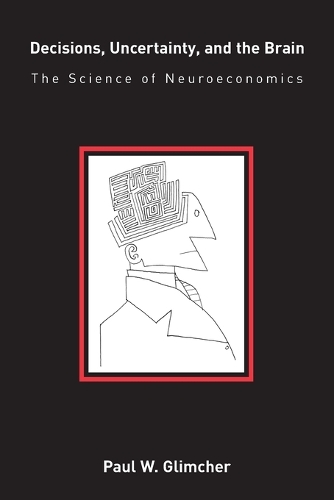
Decisions, Uncertainty, and the Brain: The Science of Neuroeconomics
(Paperback)
Publishing Details
Decisions, Uncertainty, and the Brain: The Science of Neuroeconomics
By (Author) Paul W. Glimcher
MIT Press Ltd
Bradford Books
17th September 2004
United States
Classifications
Professional and Scholarly
Non Fiction
Economic theory and philosophy
153
Physical Properties
Paperback
400
Width 152mm, Height 229mm, Spine 19mm
544g
Description
In this provocative book, Paul Glimcher argues that economic theory may provide an alternative to the classical Cartesian model of the brain and behaviour. Glimcher argues that Cartesian dualism operates from the false premise that the reflex is able to describe behaviour in the real world that animals inhabit. A mathematically rich cognitive theory, he claims, could solve the most difficult problems that any environment could present, eliminating the need for dualism by eliminating the need for a reflex theory. Such a mathematically rigorous description of the neural processes that connect sensation and action, he explains, will have its roots in microeconomic theory. Economic theory allows physiologists to define both the optimal course of action that an animal might select and a mathematical route by which that optimal solution can be derived. Glimcher outlines what an economics-based cognitive model might look like and how one would begin to test it empirically. Along the way, he presents a fascinating history of neuroscience. He also discusses related questions about determinism, free will, and the stochastic nature of complex behaviour.
Reviews
"Provocative.... This book will surely ignite discussion soul searching among serious neuroscientists, and Glimcher has bravely offered us a clear model to talk about." - P. Read Montague, Nature
Author Bio
Paul W. Glimcher is Associate Professor of Neural Science and Psychology at the Center for Neural Science, New York University.
